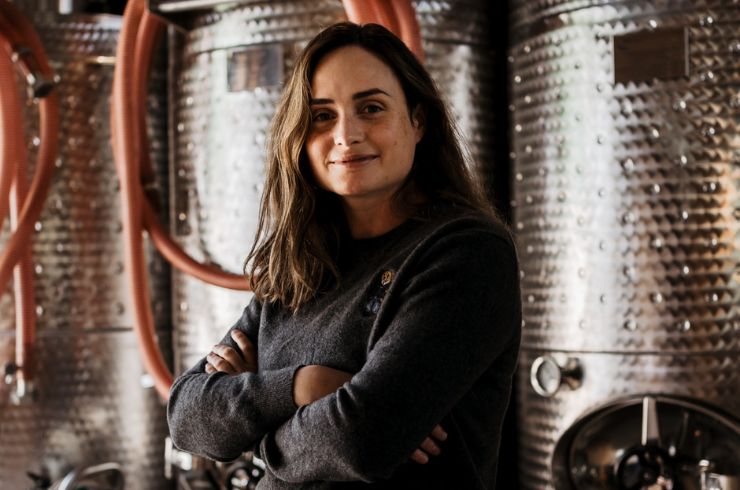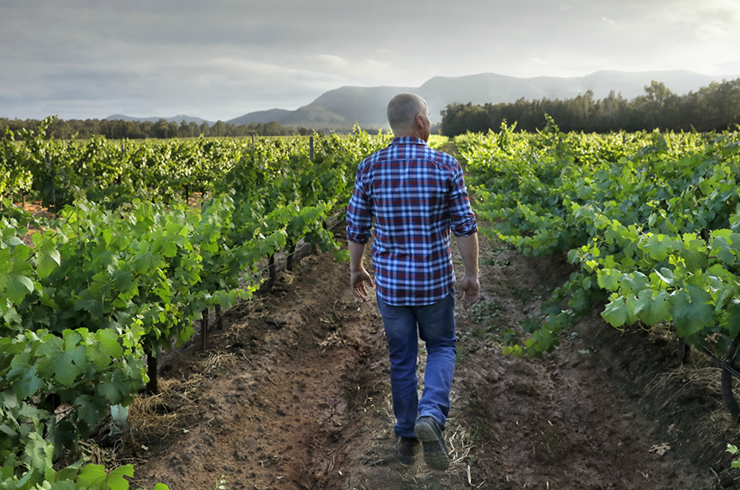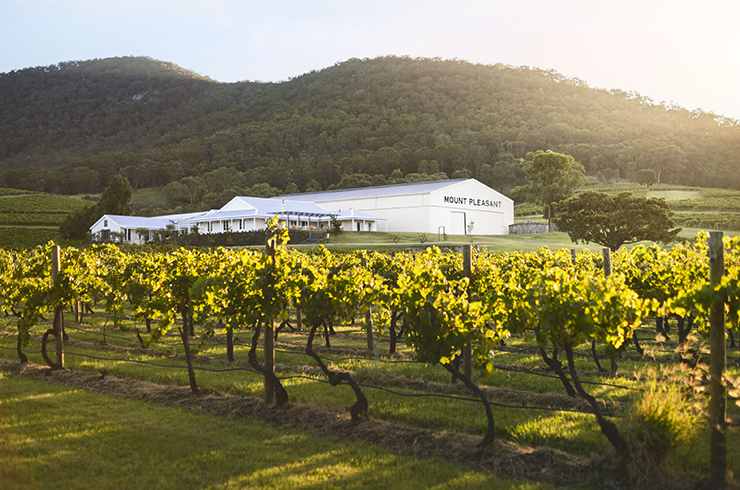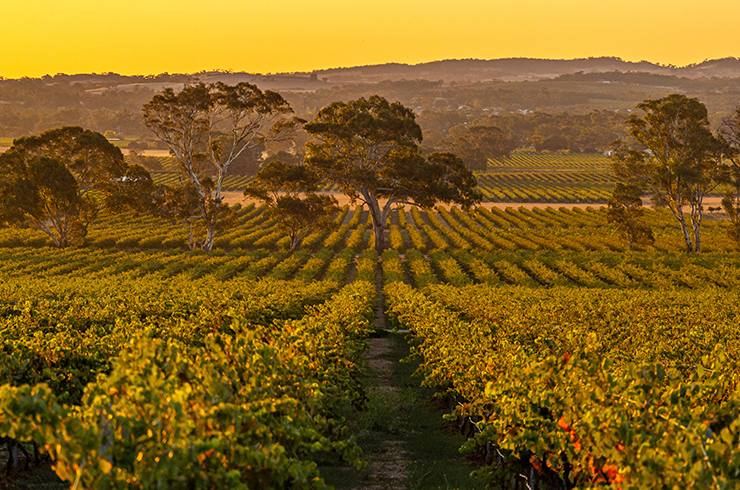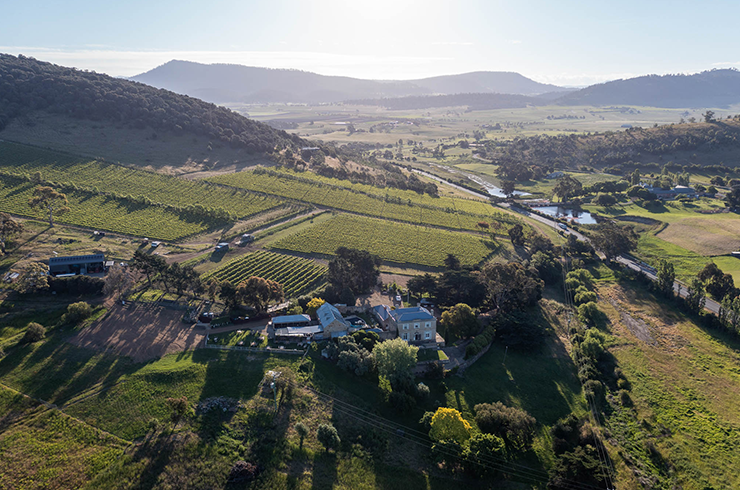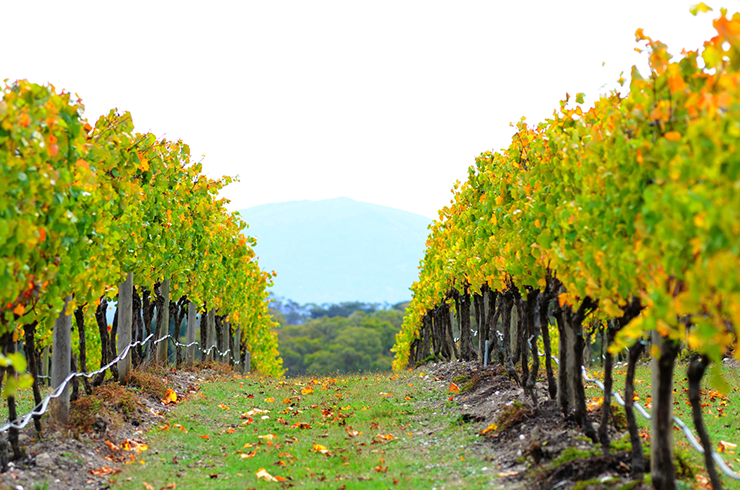There’s an old saying in the industry: ‘A late Easter equals a late vintage.’ This was not the case in 2025. Easter fell in late April, yet winemakers across the country almost universally reported an early vintage, with many claiming the earliest ever. This was mostly thanks to the warmer than average conditions that were also experienced in most Australian regions, particularly those in South Australia, Victoria and Tasmania.
Challenges were faced by growers in New South Wales, where conditions were a little too wet at times, and swathes of South Australia were devastated by spring frosts. Things were better in Western Australia, where most regions described a ‘textbook’ vintage.
Overall, despite what was for many a hard and fast harvest, and the other challenges that arose, reports overwhelmingly indicate an outstanding 2025 vintage across the board, with high-quality fruit and excellent wines expected from many regions.
Find detailed vintage notes on each of the sub-regions of Queensland right here, or get to know what happened across different states by inspecting the complete 2025 Australian Vintage Report.
Granite Belt
The Granite Belt reported an excellent 2025 vintage. While spring was largely dry, rain at the beginning of the season assisted in early shoot development, and rain during summer assisted in berry development without impacting quality. Thankfully, Tropical Cyclone Alfred fizzled out before it could wreak too much havoc, and yields were up on 2024. Fruit quality was ‘through the roof’ according to one producer, with viognier, fiano, verdelho, chardonnay and semillon showing the best in the whites, and tempranillo, saperavi, malbec, cabernet sauvignon and cabernet franc the best in reds. Overall, shiraz was the standout – arguably the best in 40 years.
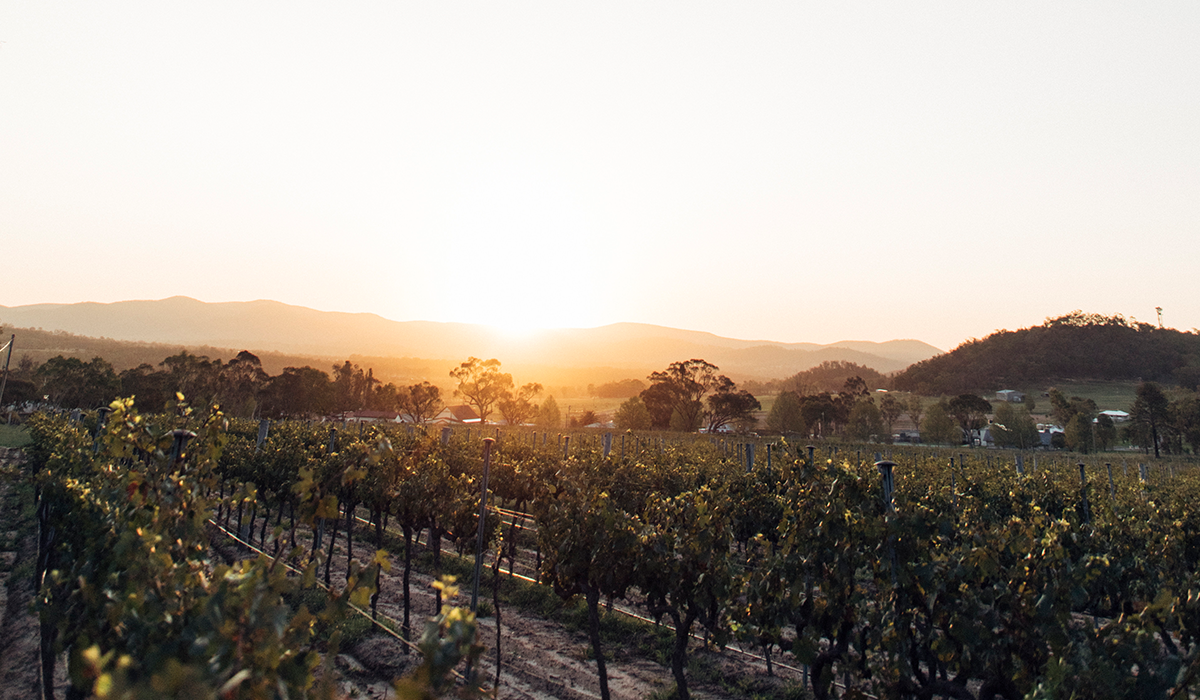
South Burnett
Sadly, things were less rosy in South Burnett. Winter was pretty dry but the rain which began to fall in October became disastrous by December, with disease affecting yields and even, in the worst cases, wiping out entire vineyards. Some producers also found their vineyard foliage was affected by armies of Agarista agricola caterpillars. All this led to low yields and low-quality fruit. Red varieties are expected to be used for light red or rosé wines only, although viognier is looking good.
Join Halliday Wine Club to drink the very best of Australian and New Zealand wine
Are you an explorer, enthusiast or collector? No matter the Halliday Wine Club plan you choose, each month we'll deliver two bottles of 95+ point wines direct to your door. From $89 per month. You can skip, pause or cancel anytime. Join now.The 2026 Halliday Wine Companion is available now. Secure your copy of Australia's most comprehensive wine guide at all good bookstores.
This is an edited extract from the 2026 Halliday Wine Companion, with reviews by Dave Brookes, Jane Faulkner, Jeni Port, Katrina Butler, Marcus Ellis, Mike Bennie, Philip Rich, Shanteh Wale and Toni Paterson MW.
Top image credit: Balancing Heart.
Latest Articles
-
News
How Wine on Mars is building a fairer, more transparent landscape for Australian wine
21 hours ago -
Wine Lists
Hunter Valley wines to try now
1 day ago -
![Default article tile image]()
News
Does the Adelaide Hills have an image problem?
27 Feb 2026 -
![Default article tile image]()
From the tasting team
Sustainable and beyond: Marcus Ellis on sustainability in the wine industry
26 Feb 2026
